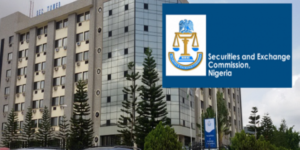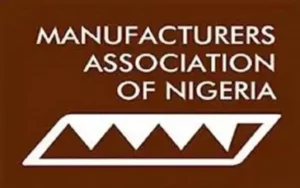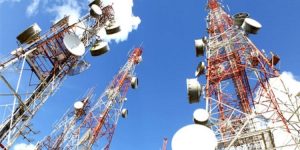
The Executive Vice Chairman of the Nigerian Communications Commission (NCC), Dr. Aminu Maida, has revealed plans to review the Infrastructure Company (InfraCo) licensing project which got stalled under the regime of the immediate past EVC of the Commission, Prof. Umar Danbatta.
Maida, whose appointment was confirmed last week by the Senate, stated during his first meeting with the CEOs of telecom companies in Lagos.
According to him, the InfraCo project will be re-examined as part of efforts to deepen broadband penetration in the country.
With a target of 70% broadband penetration by 2025 as set in the Nigeria National Broadband Policy (NNBP 2020-2025) the NCC boss acknowledged the Commission now has a very short time to deliver on the target.
As of August this year, NCC’s data showed that broadband penetration in the country stood at 45.57%.
What Maida said
“A lot has been done with the Infrastructure Company (InfraCo) licensing. We just have to re-imagine, look at it again, and see whether that is the right approach and re-imagine how we approach it. We now need to start getting into the States, and perhaps we might need to sit down and see how we can do that differently. Again, on the broadband issue, we need to increase the investment.”
QoS non-negotiable
The NCC boss told the telecom operators that quality of service in the telecommunications sector is non-negotiable as he called for industry collaboration to make this a reality.
He told the industry chieftains to appreciate that they have a very important role to play in industry to consolidate on the achievements already recorded in the sector, which is an enabler of Nigeria’s digital economy.
“People actually expect telecom services to work. I don’t think they really appreciate what it takes to deliver these services. So, it has come to a stage where they just see telecom service as a utility like water and electricity. Like a social service, it needs to work. We need to really come together in the industry and deliver value to the customer,” he said.
He also spoke about compliance with industry regulations and standards.
“When it comes to compliance, this is an area where we are going to be placing a lot more focus, and things are going to be a lot more urgent. I am not going to be asking for compliance after the fact. That is going to be a very key area of focus for me. So, we owe it to ourselves to benchmark ourselves against the best, not against other sectors. We have to just take ourselves as setting the benchmark for every person else. So, let people compare and say we have to be as good as telecom.”
The InfraCo debacle
NCC under Danbatta had embarked on the InfraCo project to fast-track the rollout of infrastructure across the companies. Consequently, 7 companies were licensed to provide last-mile services in the six geopolitical zones with Lagos standing alone for its peculiarity being the commercial hub of the country.
MainOne’s subsidiary, Infraco Nigeria Limited and IHS were the first two companies to be licensed in 2016 to cover Lagos and the North Central zone including the Federal Capital Territory (FCT) respectively.
But seeing that the model might not work considering the bottlenecks of infrastructure rollout, IHS returned the license a few years later.
By 2018, 5 other companies were licensed to cover North East Zone (Brinks Integrated Solutions Limited) North West (Fleek Network Limited) South-South (Raenna Nigeria Limited) South West (Odua Infraco Resources Limited) and Southeast (Zinox Technology Limited).
In 2021, Broadbased Communications Ltd. was issued the licence returned by IHS to complete the coverage.








